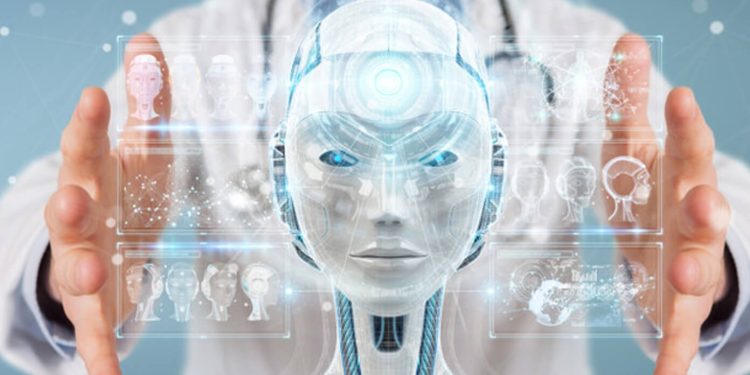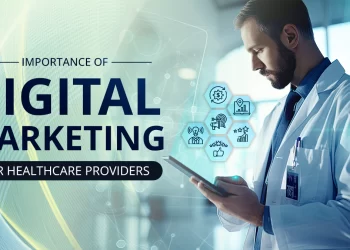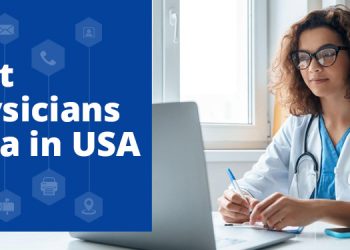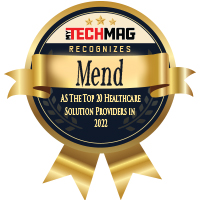The healthcare sector has long relied on cutting-edge technologies to help deliver safe and reliable care to patients. AI and ML, in particular, are becoming essential tools for those that want to stay competitive in this dynamic industry.
From enabling faster diagnosis and treatment to expediting advances in drug research, their impact on the healthcare sector is unparalleled.
In this article, we will elaborate on AI and how it is transforming the healthcare sector.
The challenges of the healthcare sector
In the healthcare sector, vast amounts of patient and other data are generated every year. Despite owning such a valuable resource, organizations are failing to manage and extract intelligence out of it. Besides data management challenges, there are several other issues plaguing the healthcare sector, including:
- Growing demand
- Rising costs
- Shortage of workforce
- Aging population
- Changing patient expectations
- A shift in lifestyle choices
Which AI capabilities can solve healthcare challenges?
AI can be programmed to undertake several functions. The way it is programmed gives it a number of capabilities that can help alleviate healthcare challenges.
- It can analyze large amounts of data stored by healthcare organizations.
- It can identify patterns and extract valuable insights from them.
Five ways AI is impacting the healthcare sector
AI can support the healthcare sector in many ways, some of which have been elaborated below:
AI for analysis of large volumes of EHR data
Electronic Health Records are critical for the healthcare industry, but the journey towards digitization has not been easy for the healthcare sector. Some of the challenges that the industry encountered were endless documentation, cognitive overload, and user burnout.
With the help of AI, more intuitive interfaces are being created, and the most time-consuming processes, such as – clinical documentation, order entry, and sorting through the documents, are being automated. Voice recognition technology is making the clinical documentation process faster and more efficient. AI is also helping healthcare professionals to prioritize tasks that truly require their attention.
For instance, Hardin Memorial Health (HMH) partnered with IBM to implement an AI tool called “The Patient Synopsis,” which can be integrated into existing EHR systems. It extracts relevant patient information from the EHR and projects the summary to healthcare professionals so they don’t have to sift through all the information to find the information they need.
AI in medical imaging and analysis
In recent years, we have seen AI revolutionizing all kinds of medical imaging, including ultrasound, MRI, fMRI, X-ray, positron emission tomography (PET), computerized tomography (CT), and single-photon emission computed tomography (SPECT).
AI-powered tools can automate medical imaging and the interpretation of results. A variety of studies can be performed with the help of AI, including deep learning, rough sets, fuzzy sets, uncertain analysis, swarm intelligence optimization, multi-objective optimization, and machine learning. AI’s ability to learn patterns and relationships in medical images enables it to perform personalized disease assessments.
AI for faster and more accurate medical diagnosis
Wrong medical diagnosis leads to approximately 80,000 hospital deaths each year and billions of dollars wasted. One of the main reasons for misdiagnosis is that medical professionals have to crunch a massive amount of data to reach a single diagnosis. Tools leveraging AI can point healthcare professionals towards a potential diagnosis faster and more accurately than traditional methods.
For example, Breath biopsy is an AI-assisted system, which utilizes the chemical makeup of a patient’s breath to recognize and analyze volatile organic compounds (VOCs) released in the breath of a patient. With this method, the patients can be diagnosed much quickly, and several valuable lives can be saved.
AI for drug and vaccine development
AI helps scientists and healthcare professionals understand the pathobiology of diseases and aid in discovering potent drugs and vaccines by elucidating unexplored pathogen pathways. Computational methods can be leveraged to find out new drugs and vaccines in silico. Machine-Learning models provide ways for the discovery of effective therapies. AI and ML are being extensively used by scientists worldwide to understand the nature of the COVID-19 virus and facilitate COVID-19 drug and vaccine development.
AI to aid emergency medical staff
In emergency cases, the time between the call to the ambulance and its arrival is critical for recovery. Also, emergency dispatchers must be able to recognize the symptoms of different emergency cases to provide correct first aid. Artificial Intelligence can analyze both verbal and nonverbal clues to determine the accurate diagnostic from a distance.
For instance, Corti is an AI-powered tool that can analyze the caller’s voice and background sounds and distress to detect signs of cardiac arrest and alert emergency staff.
Final words
Despite so many advantages, there is hesitation in some quarters regarding the deployment of AI in the field of healthcare where human lives are at stake. But the initial results of AI-powered tools, such as The Internet of Medical Things, have recorded significant success. This has made us more hopeful that this technology stands to be truly transformational and holds immense potential for the global healthcare industry.








